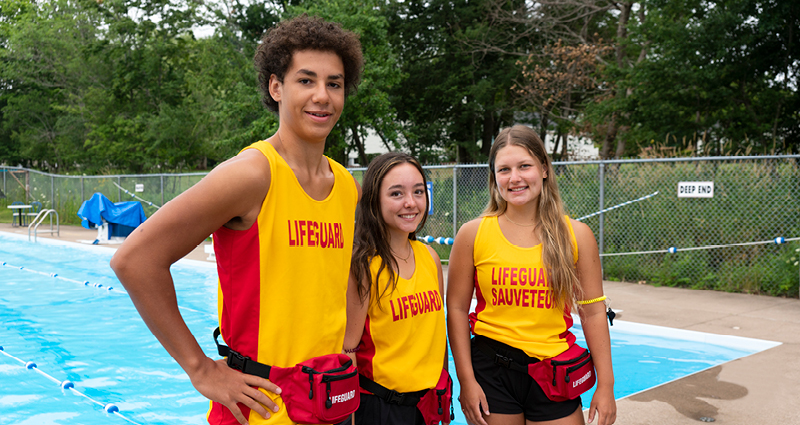Summer break offers teens a well-earned break from school, but with all that free time can come new challenges. Without the structure of a school day, teens may feel unmotivated, isolated or unsure of how to spend their time.
Reuben Battley, MD, adolescent medicine specialist with Our Lady of the Lake Children’s Health, encourages parents to be proactive.
“Without the structure of school, teens still need routine and purpose,” he says. A little planning and a lot of communication can go a long way in supporting your teen’s mental health and overall well-being.
Here are three ways to help teens stay safe, engaged and connected this summer.
1. Keep a Flexible Daily Routine
The goal isn’t to replicate a school day, but teens still benefit from some daily rhythm. Having regular wake-up times, built-in meals, physical activity and screen limits can help prevent the drift toward late nights, endless scrolling and aimless days.
Ideas to help set a summer routine:
- Let your teen help design a weekly schedule that includes time for chores, hobbies and rest.
- Keep consistent morning and bedtime routines, even if they shift slightly later.
- Encourage breaks from screens with set times for reading, outdoor time and creative projects.
- Add in time for movement: walks, workouts or any kind of physical activity.
Flexibility is key, but so is giving teens something to anchor their days.
2. Explore Camps, Jobs or Volunteering
Teens thrive when they have a sense of purpose. Structured summer opportunities like camps, part-time jobs or volunteering can help them build confidence, social skills and a stronger sense of responsibility.
Even just a few hours a week of outside-the-home activity can make a big difference.
Not sure where to start?
- Local libraries, churches and community centers often post opportunities.
- Many organizations have teen volunteer programs.
- Part-time jobs like lifeguarding, pet sitting or tutoring can build useful skills and independence.
3. Stay in Touch and Check In Often
Even independent teens need connection. Regular check-ins, both casual and more intentional, create safe spaces for teens to open up about how they’re feeling or what they’re facing.
“Open conversations make a big difference,” Dr. Battley says. You don’t need to have all the answers. Just being present and available matters more than you might think.
Try this:
- Set a time each week to talk without distractions — no phones, no multitasking.
- Ask open-ended questions like, “What’s something that made you laugh this week?” or “Is there anything you’re stressed about right now?”
- Share your own experiences, too. Teens appreciate honesty and trust.
If your teen seems withdrawn, anxious or unlike themselves, it may be time to talk with their pediatrician or a mental health professional.
Your Presence Matters
Summer can be a time for rest, growth and exploration for teens, but they still need your guidance and support. With structure, opportunities to grow and open lines of communication, you can help your teen make the most of the season.




